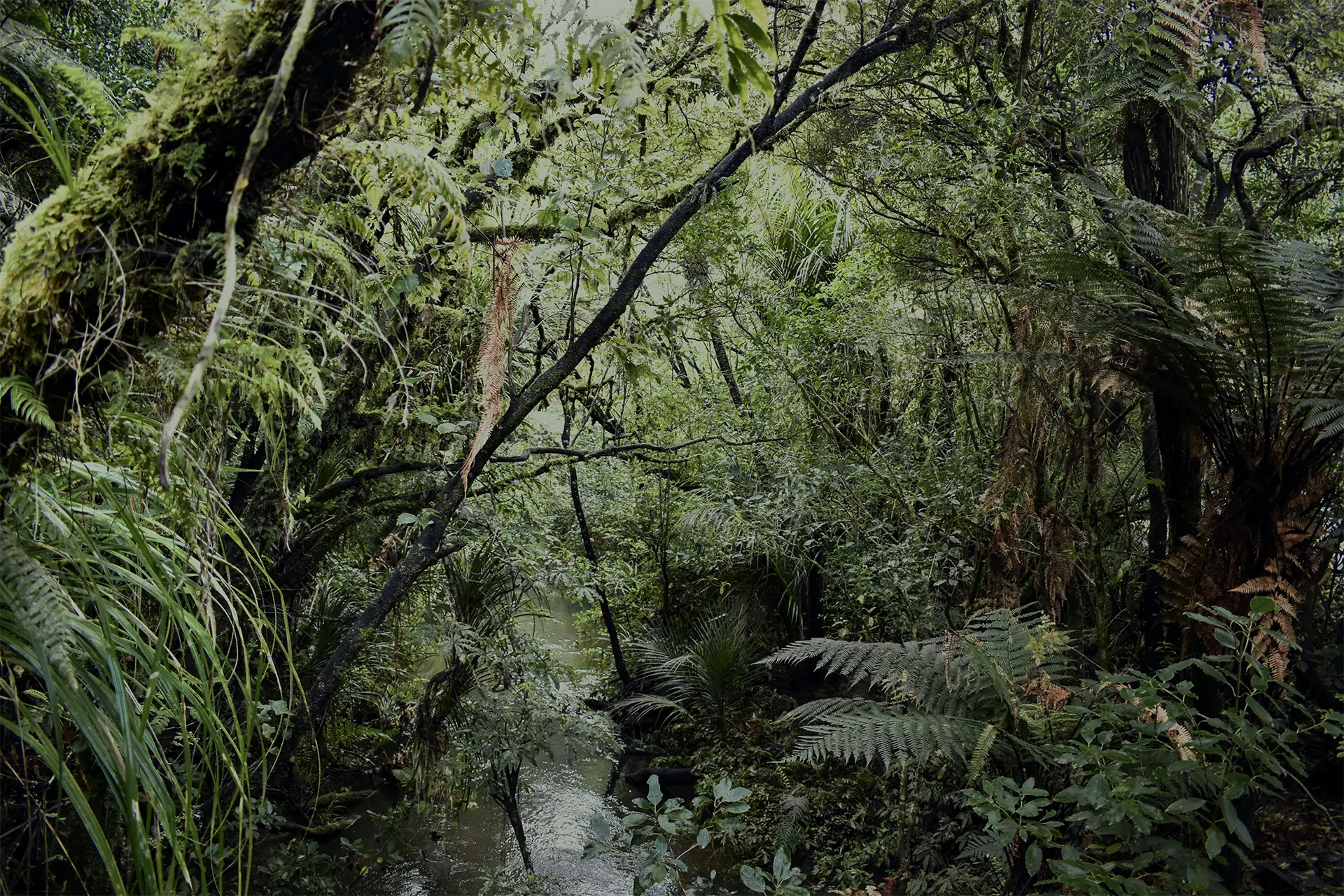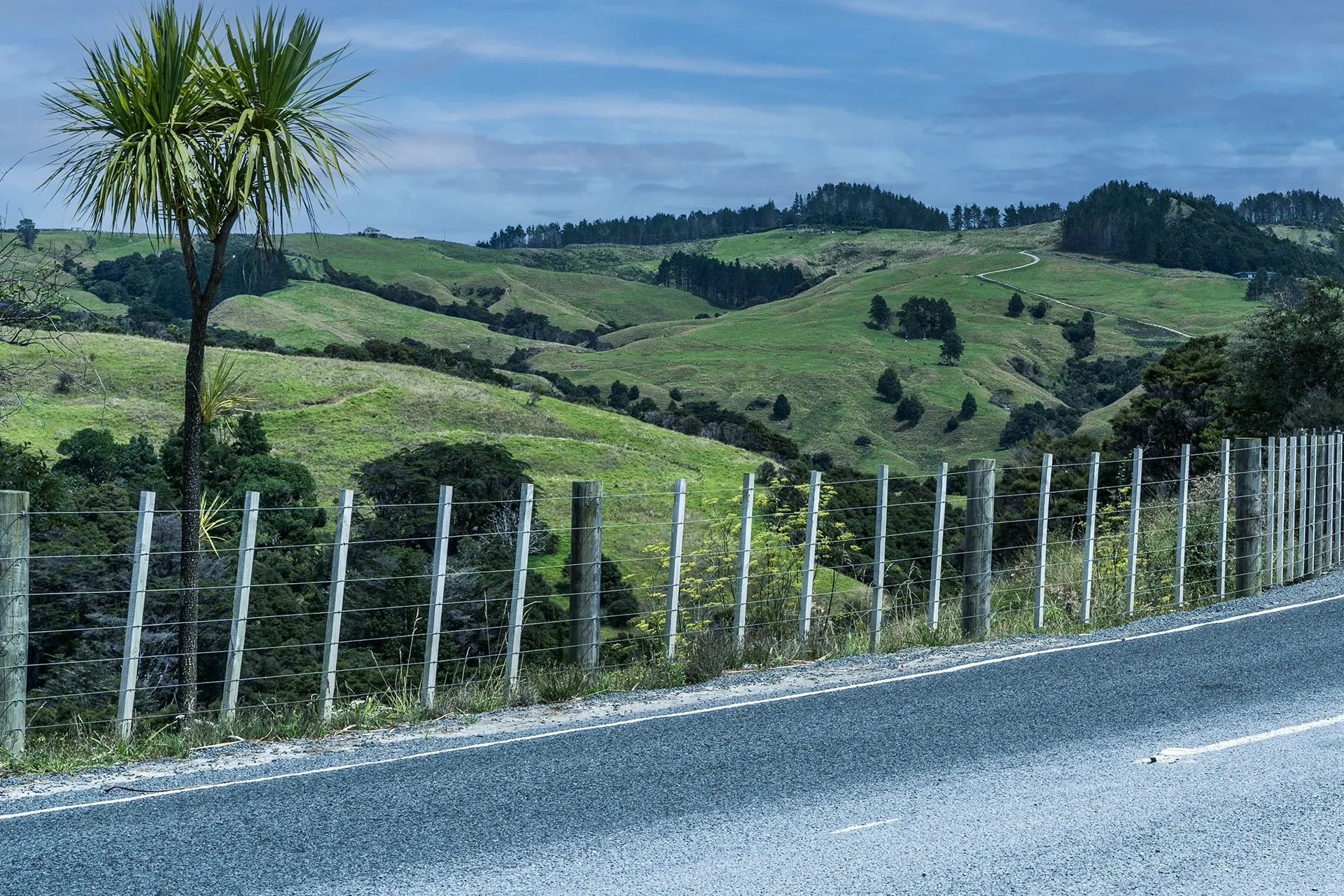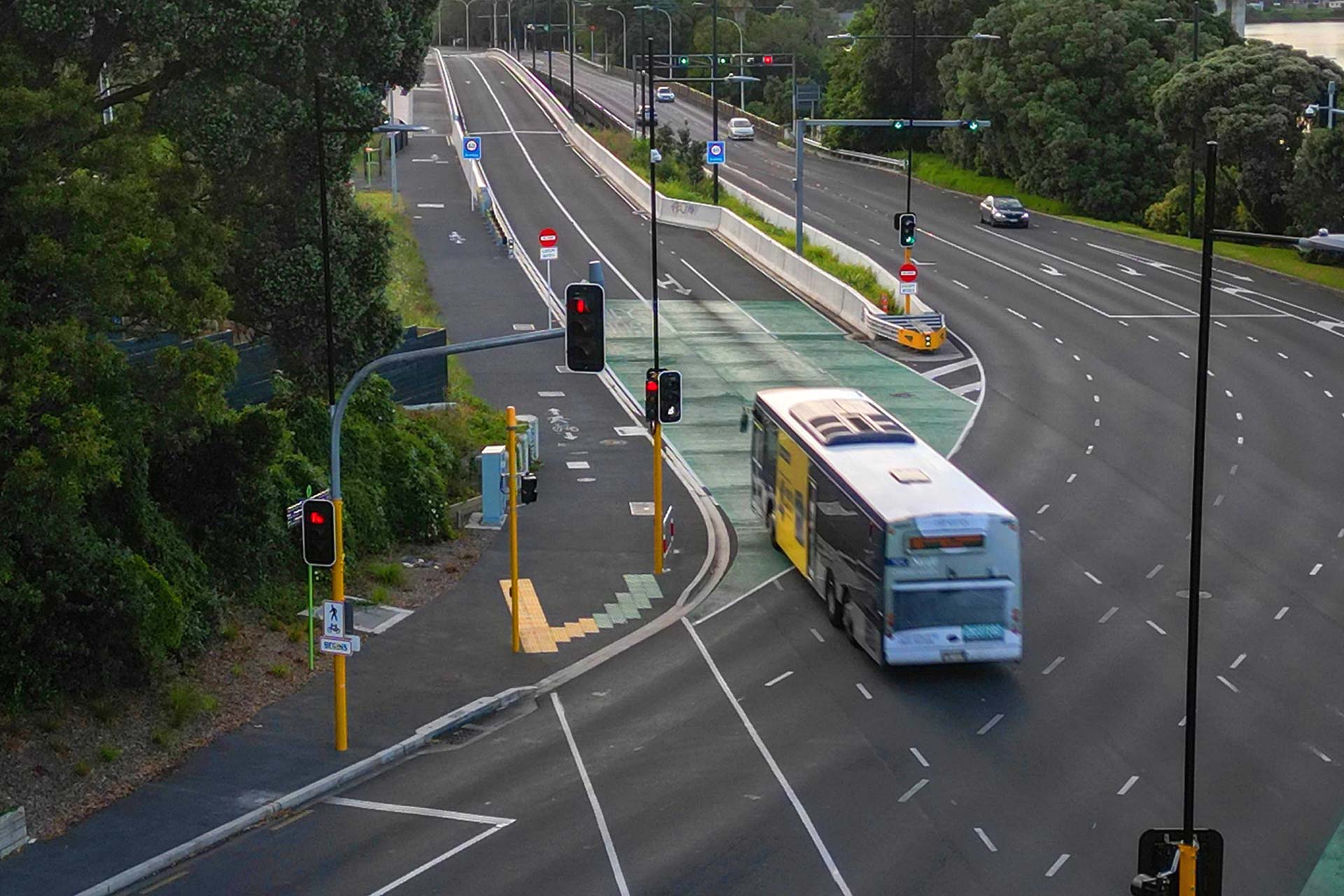Recent wildlife act changes have restored the Department of Conservation’s clarity and regulatory role under the Wildlife Act. In April, the Government amended the Act to reinstate the Director-General of Conservation’s authority to permit incidental harm to protected species during infrastructure projects. Prompted by a High Court ruling that had found this power was never legally conferred, the amendments reaffirm developers’ duty to conduct thorough ecological assessments and mitigation planning.
Implications of Wildlife Act Changes for Developers
Developers, such as Waka Kotahi NZ Transport Agency (NZTA), remain accountable for identifying and managing ecological risks on public works projects. The Department of Conservation has made clear that thorough environmental studies are still mandatory, and any unavoidable harm must be mitigated and monitored diligently. As Sarah Newman Watt notes, “These changes clarify provisions while protecting wildlife and helping restore DoC’s regulatory approach,” emphasising that substantive ecological planning is not diminished.
While the amendments streamline DoC’s permitting framework, developers may face increased compliance costs and project delays. Detailed route planning and environmental assessments must now factor in new permit applications under Section 53 of the Act, rather than relying on Section 71 exemptions. This could require additional specialist input, extended consultation with tangata whenua and interest groups, and robust mitigation measures to protect taonga species like the Hochstetter’s frog, previously translocated during the Brynderwyn Hills works.
On the positive side, the wildlife act changes bring greater certainty and consistency to the regulatory process, reducing legal ambiguity over DoC’s authority. By clarifying statutory powers, the amendments help developers understand their obligations and avoid retroactive compliance actions. Stakeholders advocating for stronger environmental safeguards also benefit, as these changes reinforce the importance of comprehensive ecological planning and bolster protections for threatened and taonga species in New Zealand’s unique ecosystems.
However, community groups and conservationists remain vigilant. Some fear developers may leverage the incidental killing provisions to justify habitat disruption if mitigation plans are insufficient. DoC has stated that any avoidable harm will prompt investigations and possible prosecutions, signalling that transparency and adherence to best practice are paramount. This balanced approach aims to support national infrastructure goals—such as the proposed Northern Expressway—while safeguarding biodiversity and cultural heritage sites.
As NZTA finalises the preferred corridor for the Northern Expressway—expected to run east of State Highway 1 with a decision due in August or September—developers must engage proactively with DoC and tangata whenua during early route planning. Thorough ecological surveys, clear mitigation strategies and adaptive monitoring protocols will be critical to prevent costly delays, legal challenges and reputational risks, allowing infrastructure projects to proceed responsibly.
Next Steps for Compliance
Practical next steps include integrating ecological risk assessments into project scoping, engaging qualified ecologists early, and documenting all mitigation and translocation efforts. Developers should review DoC guidance on permit applications under both Sections 53 and 71 to ensure correct pathways and avoid breaches. Regular stakeholder briefings and transparent reporting can build trust with regulators and communities, streamlining approvals and fostering positive outcomes for infrastructure projects and conservation objectives alike.
With the wildlife act changes now in effect, developers and organisations must navigate complex compliance requirements.
Related Article:
Impacted by the Northern Expressway land acquisition? Wynyard Wood provides legal advice on all matters related to the Public Works Act.
Read More
Related Service:
Our experienced Public Works Act lawyers can advise you on your rights and obligations, assist in negotiating compensation, and represent you in legal proceedings if necessary.




